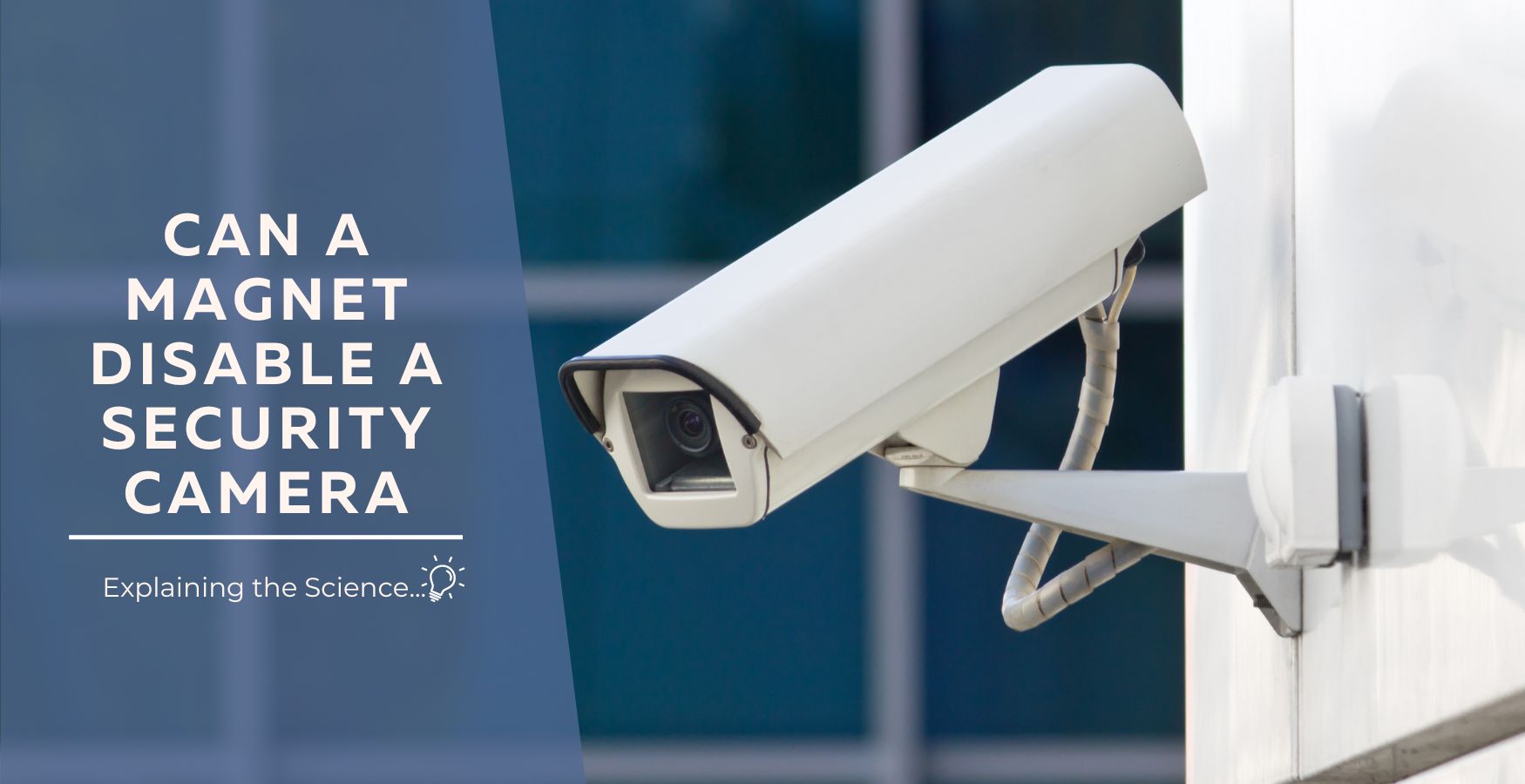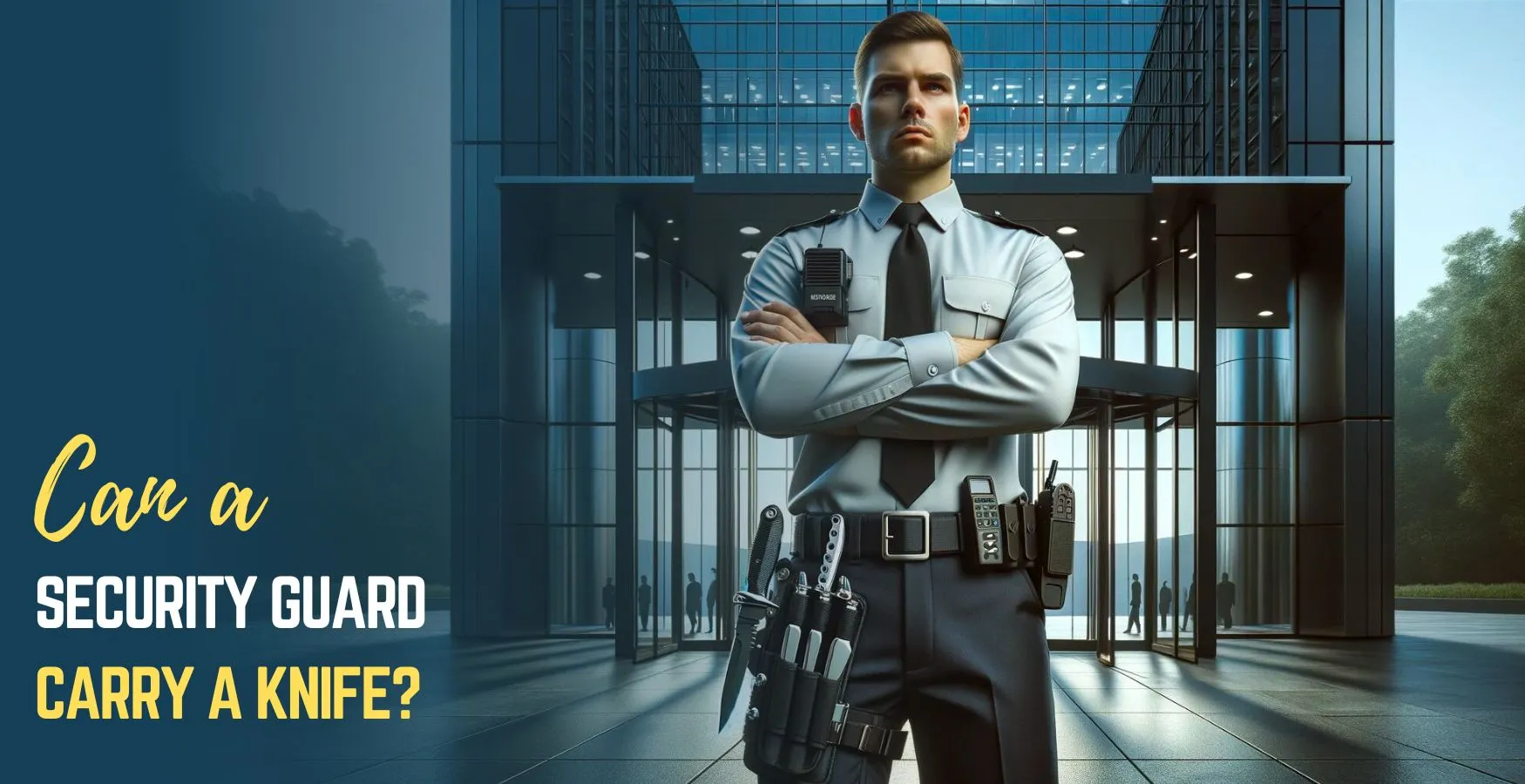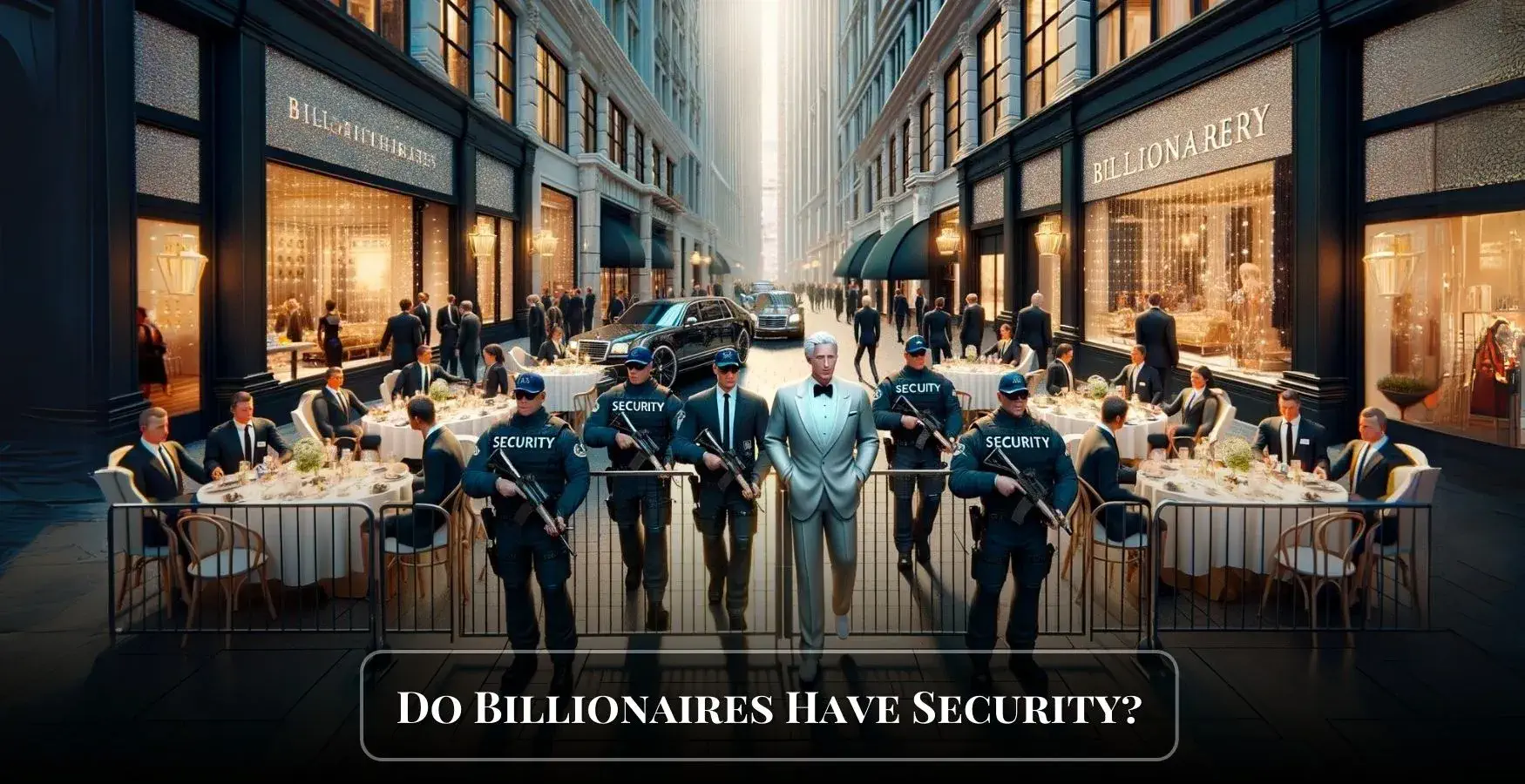Is Being a Security Guard Boring
- By Infoik
- 27 Oct, 2021
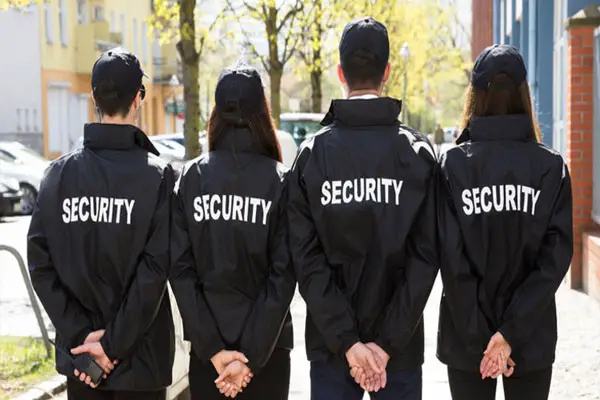
Is Being a Security Guard Boring?
Security Jobs Boredom: Ins and Outs
Security guards are often bored. Yes, it can be boring to stand guard in one place all day! However, depending on the post you’re assigned to will determine how much activity there is – from very little or lots happening at once.
8 Misconceptions About Being A Security Guard
Insecurity isn’t just a feeling; it’s an occupational hazard. That’s why we’re here to do some myth-busting on misconceptions about the security industry and how they relate to you as an aspiring (or working) professional in this field!
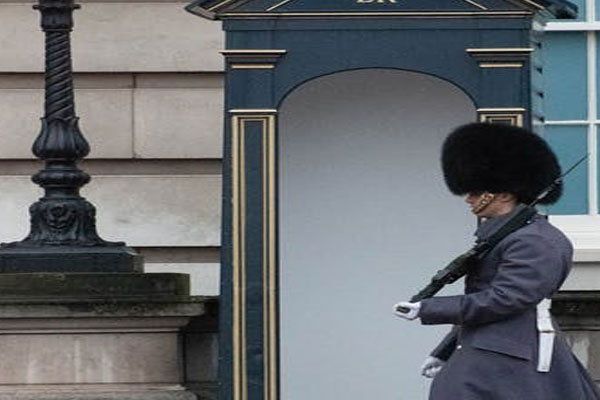
1. Security jobs are boring.
One misconception about being a security guard is that it’s boring. The job entails working in an office building or mall and protecting its patrons from harm with your weapon at hand–whether they be shoppers using every opportunity to shop while you’re trying not to get caught up on work yourself; visitors who enter without permission then proceed onto another place breach by law (this could happen when people sneak into buildings through doors open enough for them).
The best security guards have a sense of ownership for their jobs, which can be seen in how they approach each task. These professionals know that every second counts and take pride in protecting all areas within buildings or campuses as if it were one prominent family member’s home – because, at work, there’s no room without its protector!
2. Standing guard offers no mental stimulation
You may have heard that most of your career as a security personnel will be spent standing around doing nothing. You might think the field is full of people just waiting for something exciting to happen, but this couldn’t be farther from reality! Employers are looking specifically for those who can keep themselves alert and ready at any given moment – which means it’s time you started being proactive rather than reactive when on patrol or performing searches.
3. It’s simply too dangerous.
According to a recent study, the security industry is one of America’s most dangerous jobs. It came in at number 12 on our list! What you might not know, though, is that proper training can help prevent these risks and teach us how to avoid bad situations without causing any harm or injury if they happen anyway.
4. Security pays too little.
Many security jobs out there pay low wages, but being certified with an SIA license will give you the sought-after qualification employers want. Plus, you can always extend your qualifications by taking more courses and either showcasing your value at current employment or finding new work in fields related to what they teach us on campus – where ever it may be!
5. Security personnel is often disrespected.
When you see people on TV talking about how Security Guards are abused, these situations tend to be few and far between. Most of the time they’re respected by their friends & family and when interacting with members of society in general! So people feel safe around security personnel which makes this job all worthwhile too- it’s not like everything else where we can easily get injured or worse for our work (I’m looking at YOU coal miner).
6. The industry is too stressful.
Security officers and other members of the security industry often deal with anxiety. However, it’s nothing compared to what some people go through every day! The best way to combat stress is by eating right, exercising regularly (whether that means going for walks or running), and always making sure your time management skills are top-notch, so there aren’t any unnecessary worries on this side of things.
7. The hours are too long.
Many security guards work night-shift, which makes for some tricky time management challenges. However, it turns out that these personnel often have their days off and can do all other tasks during the day! So, if you manage your shift correctly by getting enough sleep, then working nights might end up being one of those blessings in disguise.
8. It’s not fun
It is essential to enjoy your job. But, unfortunately, we live in a world where most people believe that success and career growth come from having fun at work, not always sweatpants on Friday afternoons with the TV turned up loud (even if you do). So why stop there? Why not take some courses for Security Industry professionals who will teach new skills like leadership development or how to handle difficult situations while maintaining mental stimulation–all of which can lead into entirely different fields outside security!
How do security guards not get bored? Avoid Boredom

A bored security guard is an unhappy one. So, if you’re looking to spice up your day on the job, try some exercises that will help with both physical and mental alertness!
- Maybe take a couple of minutes once an hour for jumping jacks or stretch just about every part of yourself to avoid becoming stale throughout the shift.
- You can read books if possible
- Play games/mental games
- Take frequent notes
- Eat healthy foods, etc.
Can jobs see sealed records?
As you might be aware, many employers and licensing agencies now require applicants to pass a criminal background check. If your sealed convictions don’t show up on these databases (unless specifically stating “sealed” next to them), then there is no need for concern; it should not matter in any situation where one’s character may come under scrutiny by an employer or license holder during their application process.
How tedious is a security job?
It’s not always easy to stay focused when you’re on the clock. There are things that can help with this, though! One way is by finding something interesting in your security guard job, such as learning how different alarms work or getting another employee who has done shift before, so they don’t feel lonely at night while yours works theirs out.
What is COA in security?
A security guard with a COA is more likely to receive an award, as they can effectively use their skills in many different environments. In addition, the compulsory nature of these certificates will help you work on the job without worrying about your license being revoked due to negligence or another mistake made while providing services at all times!
How does it feel to be a security guard?
The watchful eye of a security guard is enough to deter criminals, prevent incidents and maintain stability. Shoppers are often grateful for the mere presence of one on their property or in an area where they’re shopping! Event-goers can feel safe with them around, too – not just because it may help protect against crime but also just knowing that there’s someone else looking out protects you from feeling anxious while enjoying yourself at events without worrying about being victimized.
How dangerous is it to be a security guard?
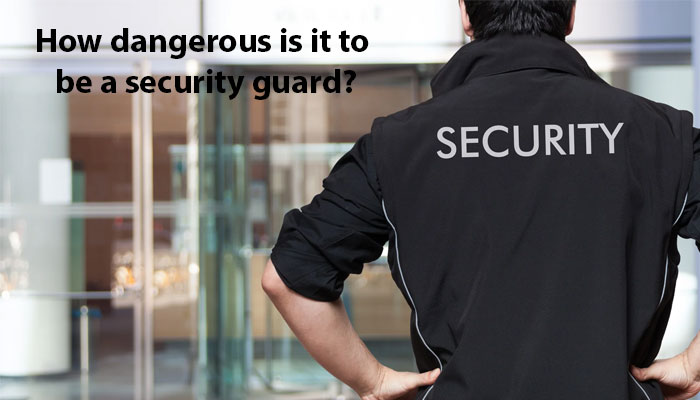
Private security officers risk their lives every day to keep us safe. Yet, on average, they suffer injuries at more than twice the rate of other workers, and in some countries, it’s even worse – with two private guards dying per police officer fatality on duty!
As you can see, safety is no small concern when working for any company, mainly if your business relies heavily upon people who have weapons or guns protecting them against threats both known (burglars) and unknowns (the gunman).
Is security a career?
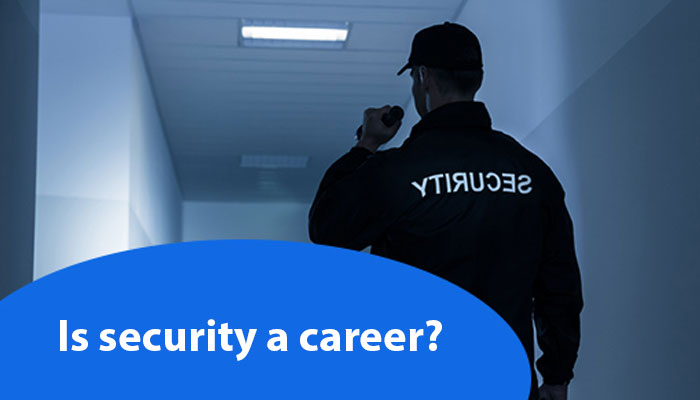
In the ever-changing world of security, one’s career can range from being an expert to learning about new advances or becoming a manager overseeing employees.
There are multiple domains for this profession; some people enter into it because they enjoy working with people. They want to secure people’s lives by ensuring safety measures and necessary precautions. Others choose careers to maintain access points and monitor movement throughout facilities like airports where safety is critical.
How much do beginner security guards make?
ZipRecruiter is an excellent tool for finding jobs, but it’s essential to know that salary information may not be completely accurate. While the site has seen annual salaries as high at $56K and low of 17500-the majority currently range between 23k (25th percentile) up to 33000 with top earners making 47 thousand annually across America. Those numbers will vary depending on where you live, though!
How do I get security experience?
A college/high school degree is essential if you want to be competitive in the job market, but it’s not enough. It would help if you also considered pursuing an education related to law enforcement or criminal justice so that your skills are up-to-date with what employers seek out most these days. A good place for aspiring officers looking at obtaining this type of degree would be local police departments, where they can take advantage of working alongside professionals while getting valuable hands-on experience!
Is being an armored car guard dangerous?
It is a little dangerous, but there are other security jobs where you have more chance of getting killed. Unfortunately, an armored truck guard comes in second place, so maybe it’s best to stick with your excellent office job! You can’t be so secure and keep calm being an armored guard.
How to work in the security sector?
If you want to work in security sectors, whether as a Door Supervisor, security guard, or CCTV Operative, for example, obtaining a license will be necessary first! This can only happen after completing one course, though- so don’t wait too long before signing up if this interests you at all 🙂License
Pros and Cons of Working as a Security Guard
In a world where there are always new threats to keep security guards on their toes, the monotony of any job can become overwhelming. Working nights in darkness and quietness takes its toll; it’s not uncommon for those who do this type of shift work every day to know exactly how it feels when everything goes still – except you!
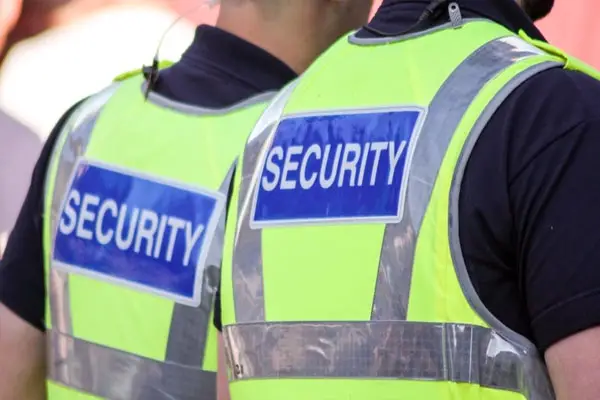
The key thing is that if we get bored or tired out while protecting our properties from theft then harm could happen because we won’t be able to focus enough during these times so please don’t forget what some easy ways around becoming uninterested would be:
Pros:
Security guards can work rather independently, and enjoy a variety of jobs. You don’t need to spend your days in an office if you want some fresh air! Security officers learn how to protect their own home when they start out – it’s not too difficult for them either- many careers require little or no education at all because most qualifications come from experience alone (not degrees!). As with any profession there are always going to be dangers involved but overall being a security guard comes highly recommended by those who have done so already.
Cons:
Security inspectors can’t work from home. You will not make that much money, and many protective agents need a second job to supplement their salaries as security officers in order to stay afloat during old-age poverty or other rough times financially because the hours are always long with few mistakes ruining one’s career. If they’re lucky enough for things to go well on duty. There is a quite low social status associated which means most people don’t want anything too close to them.


